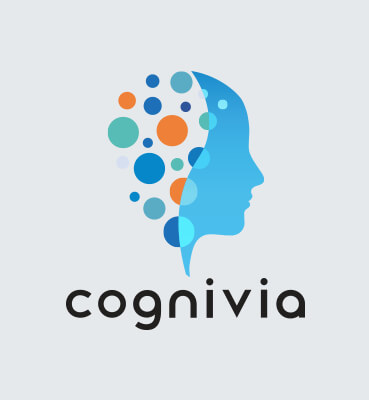A growing body of work has demonstrated that pain perception can be modulated by social, cultural, contextual and interpersonal factors.1,2,3,4 Beyond this, patient trust in their doctor – an important component of the doctor-patient relationship – has been shown to positively influence patient health outcomes. A growing body of research is also showing that the placebo effects have considerable potential to alleviate many common symptoms and conditions5,6 – tied to similar psychological mechanisms as improved perceptions and positive relationships.
So, what happens when these two things – positive perceptions and relationships, and a placebo – are combined?
The Power of Placebo & Positivity
A 2008 study, “Components of placebo effect: randomised controlled trial in patients with irritable bowel syndrome,” showed that providing placebo treatment in association with a positive patient-doctor interaction improved the symptoms of irritable bowel syndrome (including pain) significantly more than placebo treatment with minimal doctor interaction.6
More recently, Losin et al. provided evidence that feelings of similarity and trust of the patient towards their doctor can impact pain perception.7,8
Other research has previously shown that trust in doctors is influenced by patients’ demographic characteristics.9 Interestingly, Losin et al. found that the most anxious patients exhibited the strongest relationship between feelings of similarity and trust toward their doctors and the pain intensity they reported in simulated clinical interactions.7 Losin et al. then used fMRI to examine the neurobiological mechanisms behind trust toward their doctors and the reported pain intensity.8
In this case, they induced different perceptions of trustworthiness by showing the participants the faces of virtual doctors with different facial features. They found, amongst other things, that lower levels of trust in the virtual doctors (and mistrust in healthcare organizations in general) were associated with increased brain activity in regions involved in pain, emotion, and attention during experiences of painful heat stimulation and pain reporting.
Altogether, their results suggest that an increase of the patients’ feelings of similarity and trust toward their doctor decreases the perceived pain.
Despite several imitations of the studies (young and healthy participants, simulated clinical interactions7 or face of a male doctor,8 and medical research context), these findings are consistent with other clinical and experimental studies finding that social, contextual, and interpersonal factors can modulate reported pain1,2,3,4 and suggest that interventions aiming at increasing doctor trustworthiness may have broad impacts on pain experience and reporting.
The Importance of Patient Trust with Technology
On a larger scale, we are working and living within an environment that is constantly evolving at an exponential rate. For example, multinational technology companies, among others, are developing technology solutions to enable more connected care.10 Artificial intelligence (AI)-based devices have already obtained the official approval by the Federal Drug Administration (FDA).11 The virtual medical interactions are expected to occur routinely in a near future.
As such, the patient’s trust dimension should be considered when developing the design of these virtual interactions. But how?
Luckily, the same AI-based technology that empowers virtual interactions and more connected care can also be used to better understand each individual patient and determine what care circumstances are suitable and appropriate for that patient.
Cognivia combines patient individual profiling with AI and machine learning, allowing us to better characterize the patient and predict patient behavior in clinical trials and the broader healthcare environment. We can help researchers better understand individual patient trust dimensions to inform clinical trial and healthcare environment designs – and ultimately bring better outcomes to patients.
References:
- https://pubmed.ncbi.nlm.nih.gov/19788531/
- https://pubmed.ncbi.nlm.nih.gov/21709271/
- https://www.ncbi.nlm.nih.gov/pmc/articles/PMC6218300/
- https://pubmed.ncbi.nlm.nih.gov/34252908/
- https://labblog.uofmhealth.org/rounds/studies-and-real-life-placebos-have-a-powerful-healing-effect-on-body-and-mind
- https://cognivia.com/understanding-the-placebo-effect-increasing-clinical-trial-success/
- https://pubmed.ncbi.nlm.nih.gov/28479279/
- https://news.miami.edu/as/stories/2022/09/level-of-trust-in-doctor-may-influence-patients-brain-responses-to-pain.html
- https://pubmed.ncbi.nlm.nih.gov/23793686/
- https://pubmed.ncbi.nlm.nih.gov/34478781/
- https://www.nature.com/articles/s41416-021-01633-1





